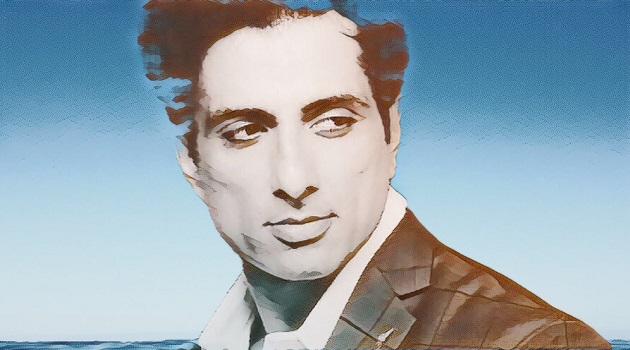
The International Monetary Fund (IMF) is an organization of 189 countries, working to foster global monetary cooperation.
It aims to secure financial stability, facilitate international trade, promote high employment and sustainable economic growth, and reduce poverty around the world.
Created in 1945, IMF is governed by and accountable to the 189 countries that make up its near-global membership.
The IMF’s primary purpose is to ensure the stability of the international monetary system—the system of exchange rates and international payments that enables countries (and their citizens) to transact with each other.
The Fund’s mandate was updated in 2012 to include all macroeconomic and financial sector issues that bear on global stability.

Economic Surveillance
IMF oversees the international monetary system and monitors the economic and financial policies of its 189 member countries.
As part of this process, which takes place both at the global level and in individual countries, IMF highlights possible risks to stability and advises on needed policy adjustments.
Lending & Capacity Development
IMF provides loans to member countries experiencing actual or potential balance of payments problems to help them rebuild their international reserves, stabilize their currencies, continue paying for imports, and restore conditions for strong economic growth, while correcting underlying problems.
IMF works with governments around the world to modernize their economic policies and institutions, and train their people. This helps countries strengthen their economy, improve growth and create jobs.
Management & Finances
Headquartered in Washington, D.C., IMF has a Managing Director, who is head of the staff and Chairperson of the Executive Board.
The Managing Director is appointed by the Executive Board for a renewable term of five years and is assisted by a First Deputy Managing Director and three Deputy Managing Directors.
IMF’s employees come from all over the world; they are responsible to the IMF and not to the authorities of the countries of which they are citizens.
Most resources for IMF loans are provided by member countries, primarily through their payment of quotas.
Quota subscriptions are a central component of the IMF’s financial resources. Each member country of the IMF is assigned a quota, based broadly on its relative position in the world economy.
Gold remains an important asset in the reserve holdings of several countries, and the IMF is still one of the world’s largest official holders of gold.
The IMF has evolved along with the global economy throughout its 70-year history, allowing the organization to retain a central role within the international financial architecture.






